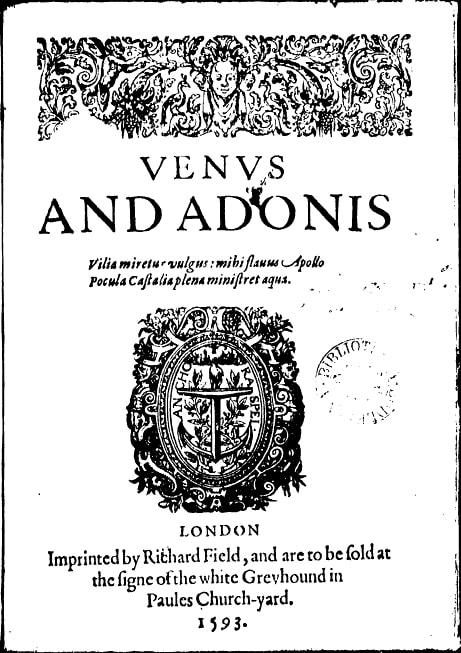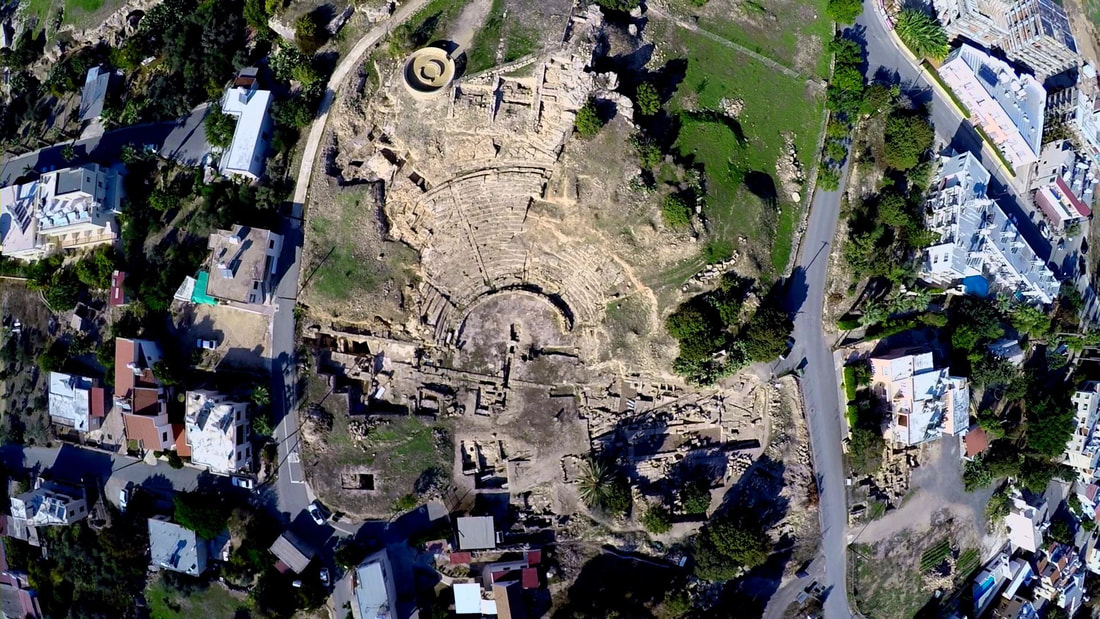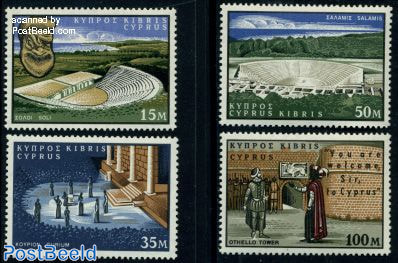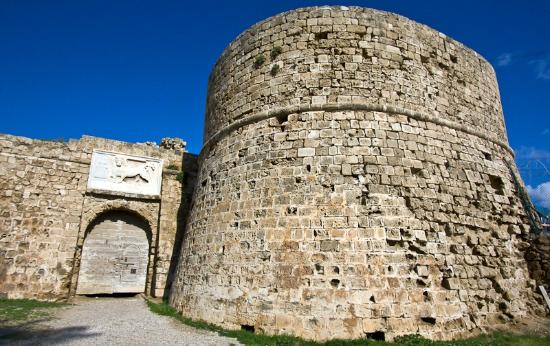Thus weary of the world, away she hies,
And yokes her silver doves; by whose swift aid
Their mistress mounted through the empty skies
In her light chariot quickly is convey'd;
Holding their course to Paphos, where their queen
Means to immure herself and not be seen.
William Shakespeare, Venus and Adonis, 1593
23 April 1564 is believed to be the birthday of William Shakespeare, and 52 years later was also the date of his death. Globally Shakespeare is celebrated on this day.
Cyprus was not unknown to the Bard of course. His play Othello (first performed in 1603) is set on the island during the traumatic period of the Venetian defense of the island knowing the Ottoman invasion was coming. Othello is a military commander at Famagusta where the tower at the 14th century castle today is known as 'Othello's Tower'.
We are excavating Ottoman and Venetian contexts in Paphos currently.
The turbulent period of the island's history as Roman and Ptolemaic Egypt struggle for dominance in the Eastern Mediterranean is reflected in his play Antony and Cleopatra (1607).
Cyprus, and Paphos in particular, appear often in Shakespeare's writings, especially in relationship to Venus (Aphrodite) and her association with love. The above quote from his long form poem Venus and Adonis (1593) roots the goddess and her chariot to the island. She appears with Cyprian connotations in his sonnets and poetry, while Cyprus is often presented as an exotic location, such as in the song in The Winter's Tale (1611).
Lawn as white as driven snow;
Cyprus black as e'er was crow;
Gloves as sweet as damask roses;
Masks for faces and for noses;
It seems only appropriate as we excavate a theatre that we mark William Shakespeare today; the influence of Classical mythology and Greek and Roman dramatic traditions was important to Shakespeare's craft.





 RSS Feed
RSS Feed